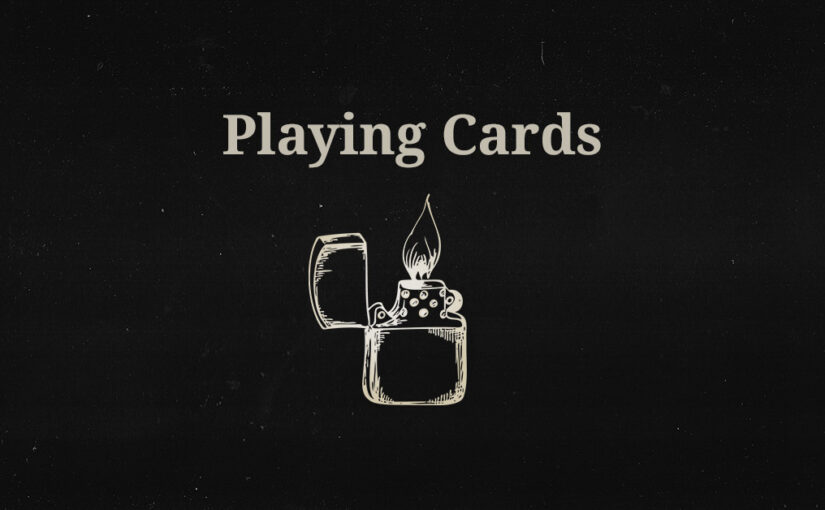Rating: 5/5
The deck—a paragon of human ingenuity, unchanged for centuries. This neat set of 54 unique cards has endured, securing its place among humanity’s most versatile systems.
Consider, for a moment, the staggering array of games that either exist or could be devised with this simple system. To begin, let’s contemplate the possible outcomes of shuffling—where each card has a chance to land in a different position within the deck. Disregarding the Jokers for now, we’re left with 52 cards, organized into four suits of 13. The total number of possible outcomes from shuffling them would be a number greater than 8 followed by 67 zeroes: 52 factorial.
52! ≈ 8.0658×1067
or in full:
8,065,817,517,094,387,857,166,063,685,640,344,152,687,392,634,456,608,000,000,000
One could shuffle endlessly and still have no hope of covering every possible combination. In fact, even if the entire human population—along with all foreseeable future generations—began shuffling non-stop, it would probabilistically take 3.2 x 1041 eons to produce every possible shuffle combination. An eon, to put things in perspective, is 1 billion years.
Imagine it: over 8 billion humans, shuffling once per second, forever. No chance.
So, given this vast versatility, a critical question remains: is the deck actually a useful system? Debatable. Humanity has built entire gambling economies, poured fortunes into the design and production of cards, and elevated kings and queens to pedestals of cultural significance.
Yet, in all its complexity, the deck exists primarily to entertain rather than enlighten. Perhaps it’s fitting that these 54 rectangles of cardboard have endured precisely because they’re gloriously impractical—a shining testament to humanity’s love of organized frivolity.
Or does its utility lie, perhaps, in something more profound? Perhaps it educates the mind in disciplines like pattern recognition and problem-solving while building skills in decision-making and creative thinking.
In my opinion, it’s both entertaining and educational.
So, the next time you shuffle that well-worn deck, take a moment to marvel at this ancient labyrinth of arbitrary values and suits. Each shuffle launches a sequence that could lead down a new path of possibilities—until, of course, you deal out the hand and find, once again, that your best play might just be folding.

